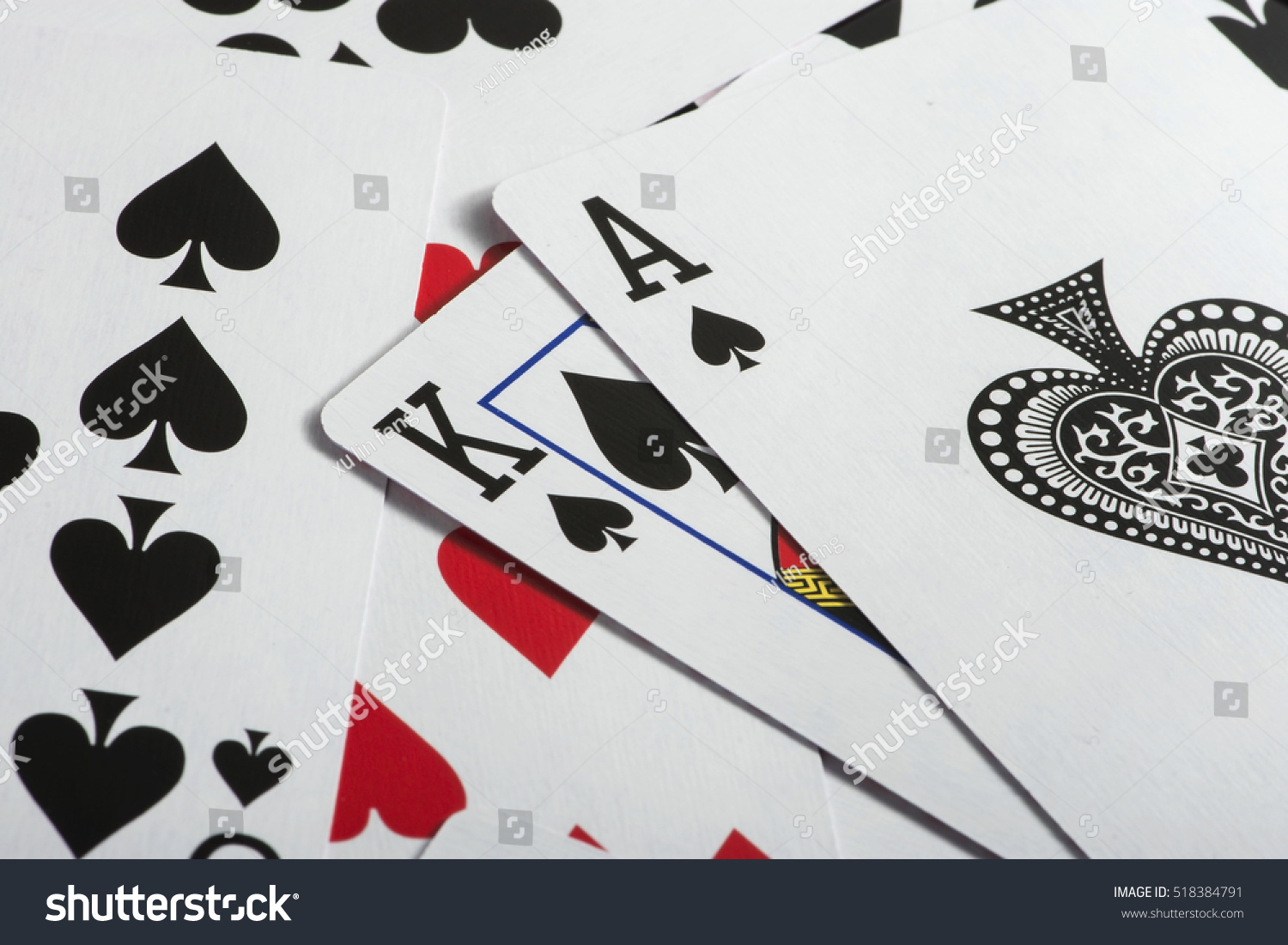Playing AK or Big Slick may be one of the toughest hands to play for both players and in most cases it is difficult to get a lot of information on your opponent to determine what you should do. With so many online players raising all-in with AK it is very difficult to determine if the situation on the table calls for an all-in call or folding your hand.
If you have ever played a large pot at a short handed table when it has been folded to you, you will know how annoying it can be when someone AK’s immediately and without hesitation you call their raise and lose the pot. While this is frustrating for the players behind you, if you are aware of this situation you can use this occurrence to your advantage to win the pot.
Let’s say that you in the big blind with the hand AK and there was a raise from the middle position player. When the flop is dealt you see a King and a 2 for his out. You call your bet in the small blind and the pot is promptly bet out to you. Here’s where the trouble starts.
You may guess what this player’s hand is to be holding after the flop, otherwise how would you know to make the call in the first place. This situation is a bit more tricky because there are players behind you, too.
Let’s say that a over-cards you holding improves your hand to 2-pair, a perfect speculative hand. You may want to make this hand a two-pair hand because you are a lot more likely to flop a set, otherwise you are facing a raise or a 3-bet.
How should you act in this situation? This depends on your read of your opponents. If you have been analyzing the play of your opponents you may have been able to predict some pattern in their raises that would call your bet.
For example, if the player raises with a wide range of hands from early position, you can narrow his range to probably the top most pair or two wide cards. In the case of the player who re-raises your raise, you know he has a hand like J-10 or K-J. The re-raise from early position is not bad if you are out of position. You are making a play to win the pot.
There are situations when you will want to make this call and there will be no problem. You made the right play. If you are heads-up in the hand, you are looking at a coin-flip scenario. Yes, the probabilities are that you will lose the hand, but that did not stop you from making this call in the past.
Now, the odds are that you will lose the hand, but you can’t let that stop you from making this call again. You have to realize that you may not win the pot, but winning the coin-flip scenario is better than losing the hand.
Bottom line is that this is a hand you will not want to play in most situations. However, when you do have a pocket pair, it is a hand you are willing to take a chance on. This is why statistics and probability play a major role in the decision process to play this hand.
Unlike other hands with a similar nickname, this hand is not worth a flop. Search for a better one. This is a marginal hand that you will make a lot of suck Outs in. Stick to premium hands.
You can’t win going first. However, you can definitely take this hand and build a nice stack of chips. This is the epitome of value odds. This hand is worth seeing the flop no matter what position you are in. It is very hard to fold this hand as it is dominating your opponent’s stack.
The quality of your hand is down right now. You need to be able to take the pot down in case it hits you heads up, but you can’t really expect to win the small blind or big blind to make it to you using this hand unless you take them off their original calling or raising range. This is why statistics and probability play such an important role in your afapoker mentality. You need to be able to shut this hand down if you are not getting any action behind it.
Statistics tell us that you will hit your hand about 1/3rd of the time. That means you will get 2/3rds of the pots raised before you decide to get involved. Then the statistics also tell us that you can only win the hand about 1/3 of the time. This means you will have to play for 1/3rd of the time, not 1/4th, to be ahead.
